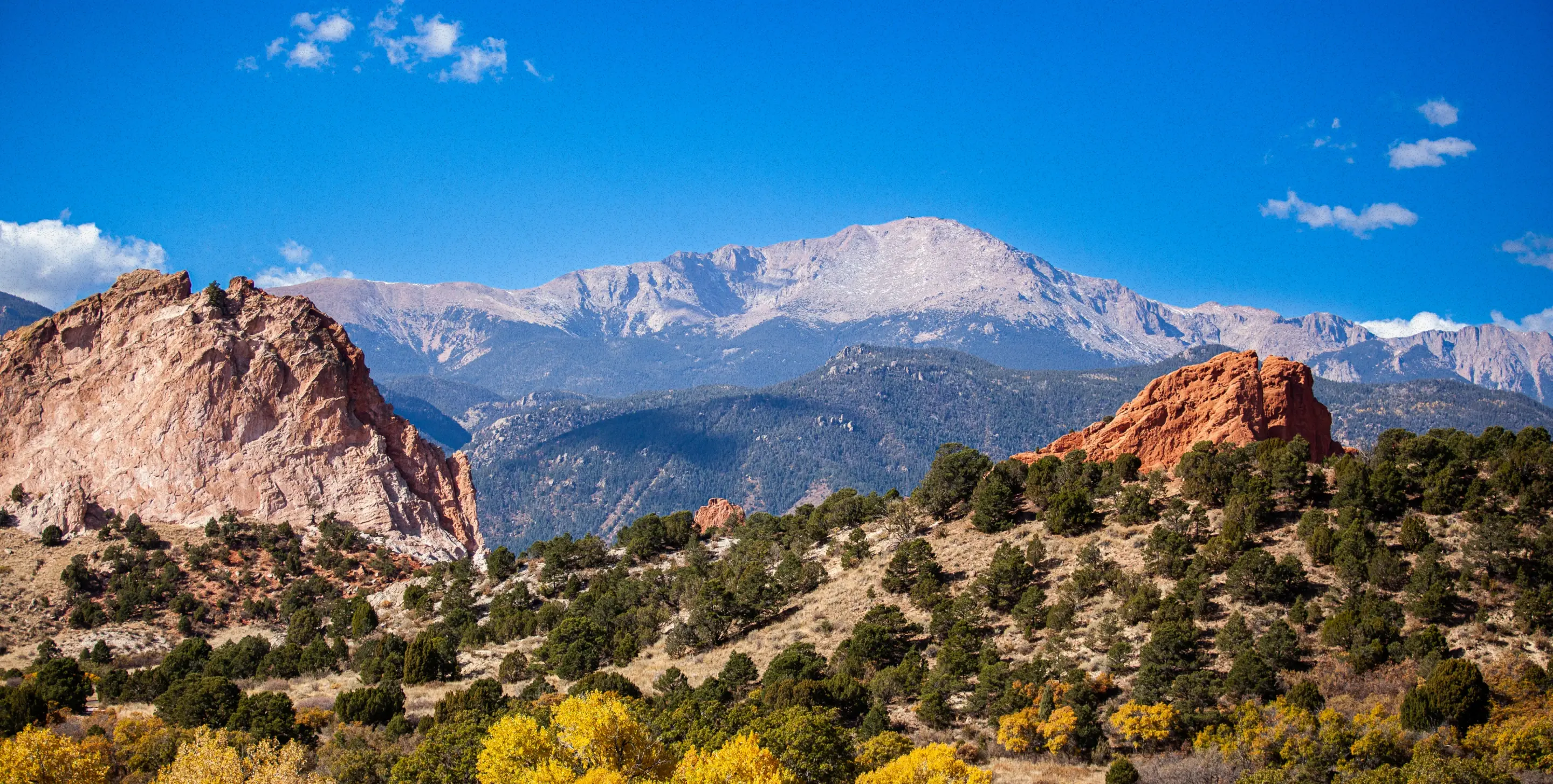The natural gas journey to your home requires reliable pipelines and infrastructure. Underground mains and service lines are one of the safest means of distributing natural gas to you.
Natural gas is safe when used correctly, but may become dangerous and deadly when it leaks or doesn't burn properly in appliances.




